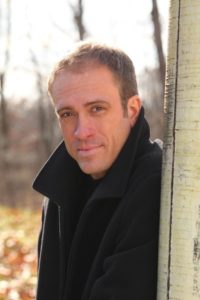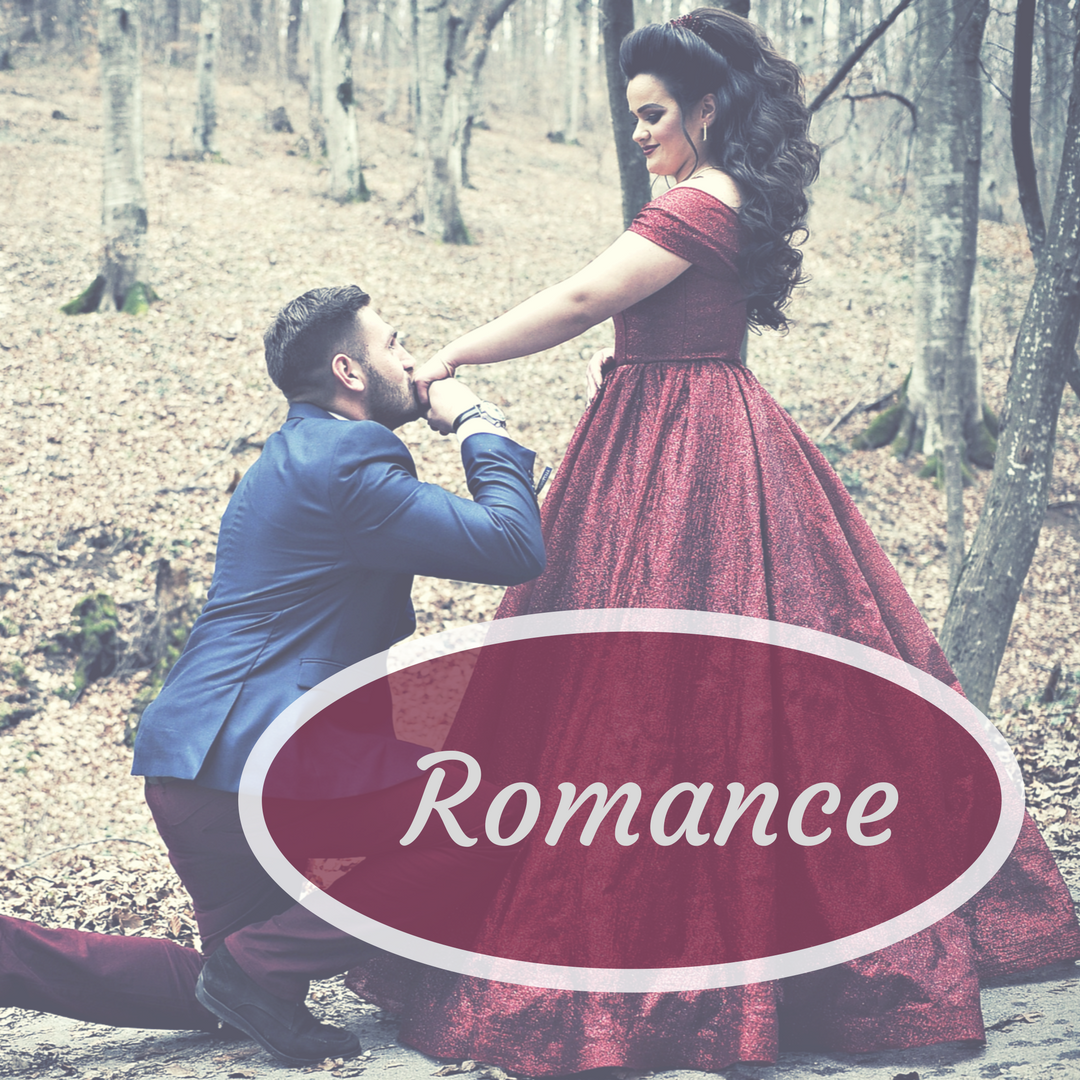Welcome, Steven, can you share a little about your recent book – In Every Deadly Kiss, FBI Agent Patrick Bowers grapples with a series of baffling murders in Detroit and discovers a terror plot with roots that stretch back centuries. This is the tenth Patrick Bowers book and one of the most complex storylines I’ve ever tackled.
Why do you write? Do you have a theme, message, or goal for your books? I write to entertain my readers. I don’t start with a theme or message I’m trying to get across. While the stories do address issues of morality, I don’t set out to convince anyone of anything, but rather try to ask big questions through the context of an intriguing story.
How long have you been writing? And how long did it take you to get your first major book contract? In a sense, I’ve been making up stories my whole life. When I was a kid, I never considered that I could become a writer; I just knew that my imagination was the place I felt most at home in. I started writing for magazines in 1996 and published my first novel in 2007. Over the years, I’ve done a number of nonfiction books, but these days I’m most interested in telling big stories through novels.
How long does it take you to write a book? It typically takes me about a year to write a novel. I’ve done a few young adult novels which are somewhat shorter than my Patrick Bowers thrillers, but still, I’m a rather meticulous author and with all the drafts and rewrites, even those took at least six months.
What’s your writing work schedule like? I would say it’s most like a roller coaster. I tend to write and edit in the mornings and work on new scenes and brainstorm at night. It seems like in the afternoon my brain shuts off, but at times, I will sneak away for a week or two and just write as much as possible every day. Throw in lots of coffee, a few Cheetos, a bit of aggravation, and plenty of discarded drafts and you have a pretty good look at my life.
Do you have an interesting writing quirk? If so, what is it? I’m not sure how interesting this is, but I do write standing up. I typically edit on a music stand, often listen to electronic or trance music when I write—anything with a driving beat but no words to distract me. I guess my quirk comes when I send a book in and then traditionally do three things: buy a new candle to light while I write, go see a matinee, and buy a frou-frou drink at a coffee shop.
What has been your greatest joy(s) in your writing career? It’s always fun to win awards or hit certain bestseller lists, but I don’t know that those things bring me joy. I would say it’s hearing from readers, especially when someone writes to me and says, “I hate reading but I loved your book.” Anytime I can instill in someone a love for reading again, it makes it all worthwhile.
What has been your darkest moment(s)? When I was writing Opening Moves, the story gave me nightmares. It was troubling and dark and difficult. I still think it’s one of my best-written novels, but emotionally it was probably the most difficult one to get through. I don’t think it’s possible for me to completely divorce the emotions my characters are feeling from the ones I personally experience.
Which of your books is your favorite? I think that Every Deadly Kiss and The Rook are my two favorites. I came up with the idea for The Rook while reading to my eight-year-old daughter about sharks. I still remember sitting on the couch with her and figuring out plot point after plot point based on what I was reading. So even though it’s been a decade, that story is still one of my favorites. Every Deadly Kiss ended in ways that I had never expected, with twists that I had never anticipated, so I think readers will really connect with this latest book.
Who is your favorite author to read? Man, that’s a hard question. I would say that there is an author named Calvin Miller whose work really inspired me as I was getting started as an author. His Singer Trilogy is unlike anything I’d ever read before. He weaves imagination, faith, and myth together in an unforgettable way.
What advice can you give aspiring writers that you wished you had gotten, or that you wished you would have listened too? I like how you phrased this question! People are quick to give advice, and most of us are rather slow to listen to it. I would say, as far as advice, never fall in love with your first draft and rage against mediocrity. Despite how much we might want to find a shortcut toward excellence, I don’t think one exists. I’ve tried everything I can think of to save time, but in the end, it just simply takes months of hard work to create a work of excellence.
How many times in your career have you experienced rejection? How did they shape you? I’ve been rejected dozens of times. No one likes it; it isn’t fun, but it’s taught me persistence and also the importance of believing in the work that you do.
Do you have a favorite character or scene in one of your books? I mentioned The Rook earlier, so maybe that’s the story that’s on my mind, but there is a scene where Lien-hua Jiang who is a female FBI agent ends up fighting one of the villains toward the climax. One of her legs is chained down and she kicks him in the head, and when he backs away, she says, “Come here, Creighton, and I’ll make you wish you could fight like a girl.” That’s always been one of my favorite lines.
Where do you get your ideas? There’s nowhere that I can think of that I don’t get ideas from.
What are common mistakes you see aspiring writer’s make? First, publishing too early. Rather than working on a story draft after draft to make it the best they can be, they opt to self-publish their books long before their story is ready to be shared with the world. Second is not keeping everything believable all the time.
Where/How do you recommend writers try to break into the market? Attend a writer’s conference where you can learn from industry professionals, meet agents and editors, and use the opportunity to ask them questions one-on-one.

Amazon author page: http://amzn.to/2sRJbKs
Steven James is the best-selling, critically acclaimed author of thirteen novels. He has a master’s degree in storytelling and is a contributing editor to Writer’s Digest.
Best known for his psychological thrillers, he has received more than a dozen honors and awards for his books, including three Christy Awards for best suspense. His novel The Queen was a finalist for an International Thriller Award.
Steven’s groundbreaking book on the craft of fiction, Story Trumps Structure: How to Write Unforgettable Fiction by Breaking the Rules, won a 2015 Storytelling World Award, recognizing it as one of the year’s best resources for storytellers. He is the host of the podcast “The Story Blender,” in which he interviews great storytellers from the world of cinema, oral performance, and writing about the craft of great storytelling.
Steven leads regular Novel Writing Intensive retreats around the country that provide in-depth instruction for serious novelists. For information on these seminars, visit www.novelwritingintensive.com.
For information on his fiction, visit www.stevenjames.net.
To book him to speak, e-mail info@stevenjames.net.




 We love helping your growing in your writing career.
We love helping your growing in your writing career.

1 Comment
Steven, Thank you for your interview. I’m still on book 2 in your series. I learned so much about writing well by reading your book. Thank you.